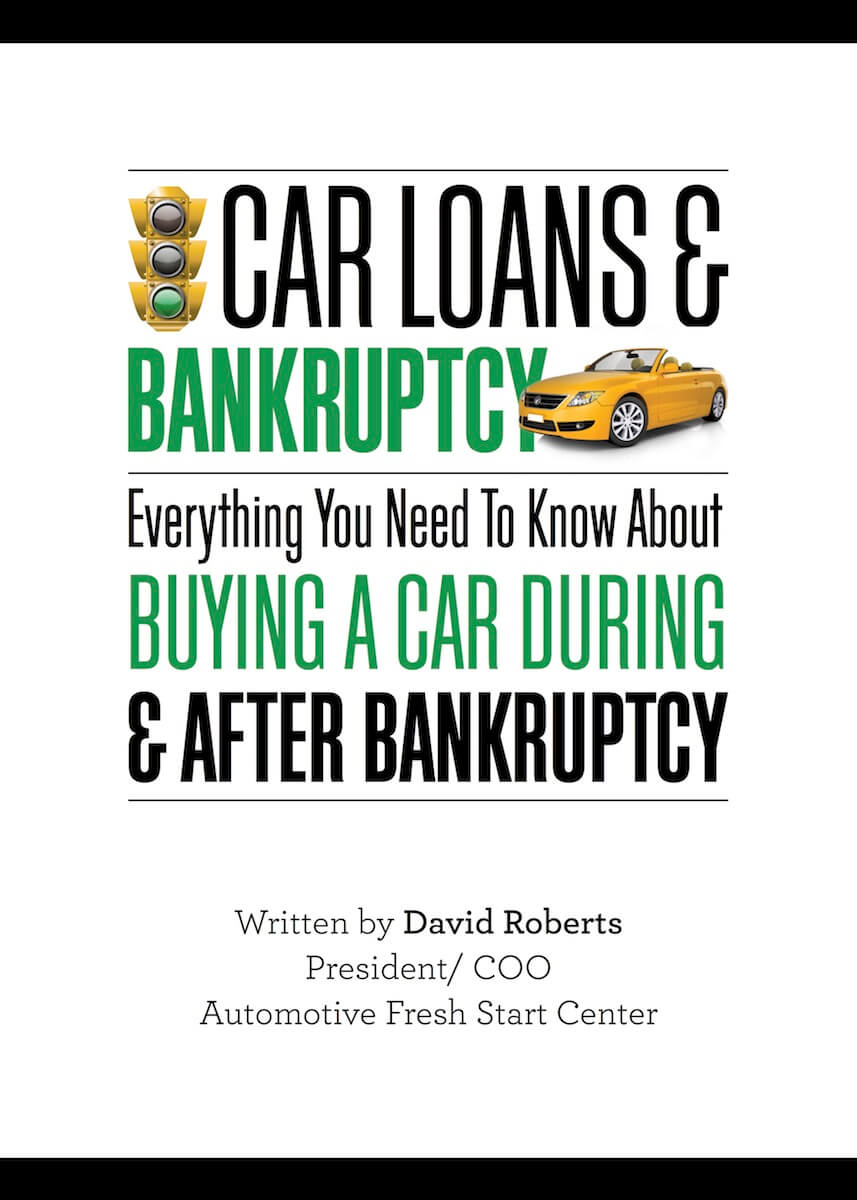DIVORCE AND BANKRUPTCY – PART TWO
I recently wrote a blog examining the impact of divorce on productivity and the tendency of divorced individuals to file for bankruptcy. That blog link is here:
https://planlaw.com/causes-bankruptcy-big-three/
Now it’s time to examine the prior period of time – the time period prior to the divorce and see if the effect of debt in a relationship is the same as that of divorce for productivity. A recent article highlighted the effect of debt on relationships:
https://sg.finance.yahoo.com/news/till-death-us-part-depends-190000898.html
We all know that people fight about money, but the article has some fascinating claims about what causes the conflict. Namely, it appears that differences in credit scores, i.e. responsible spending and bill paying, can be a huge source of conflict.
“Across the board, the better your financial footing and the higher your credit score when a committed relationship starts, the less likely you are to break up after the first few years, according to research by the Federal Reserve Board” is a quote in the article. It also serves as a warning to make sure that when you think about entering into any relationship, make sure that person shares your same views of money and its appropriate use.
Maybe instead of exchanging rings, the parties exchange credit scores to see if they are compatible for the long term? Avoiding divorce and a spouse who may drag you down financially are two keys to not ending up in a bankruptcy situation or for helping you re-build your credit after filing for bankruptcy.
At Mickler & Mickler, we personally attend court hearings on an almost daily basis. We keep up with the latest developments in bankruptcy law and related areas. We can provide you the type of bankruptcy advice which will allow you to make the best financial decision for your situation. Please feel free to contact our office with any bankruptcy related questions at 904-725-0822 or bkmickler@planlaw.com
Bryan K. Mickler





